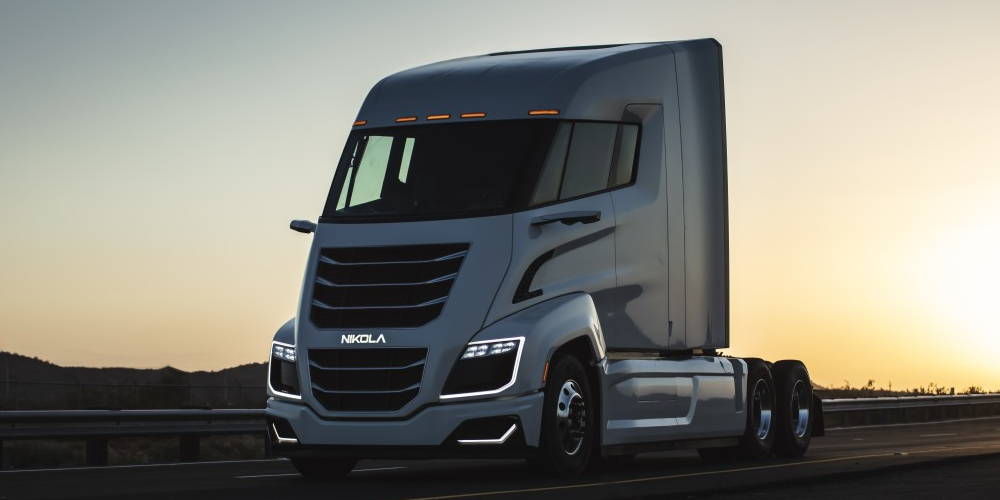That is the nature of the technology, there are patents, licences, agreements and then profits to be made using that.
These companies employ hundreds of thousands of employees and feed their families.
When it comes to E-bikes, Bosch makes a decent product and support their customers well. They stand behind their product.
The nature of technology, as a term, insinuates something absolute, inevitable, which you immediately negate by admitting it's propped up by a thicket of legalized monopolies, aka intellectual property. That's not the nature of technology, that is technology as we've chosen to foster it. There are other paths as well, that give more power to customers, and independent mechanics.
Wikipedia employs relatively few people, and perhaps even destroyed more jobs than it created, demolishing as it did Britannica et al with overwhelmingly free labor. So Wikipedia is bad? There is more to the public interest than just jobs created. There are issues of access, for one - how many people can afford this socially valuable product? If I destroyed air quality and then sold lots of air purifiers that would generate jobs too, but destroy actual human freedom and wealth.
It's not so much that Bosch is doing something malevolent, but that hyperconcentration has led to worse outcomes for EU consumers in the form of higher prices, low repairability, and proprietary systems. Which also means more electronic waste and less salvageable assets when official dealers refuse to repair your old Bosch units, or at exorbitant prices, as Apple does. It's not like Shimano drivetrain parts, where despite a near duopoly Shimano parts still offer great value. Bosch sells batteries at 2-3x that of rivals, and they don't offer commensurate value.
I am saying removing the protectionism that has built Bosch's wealth at the expense of nonEuropean competition would benefit consumers, without threatening innovation; Bosch's biggest battery is only 625 wh, and that came out only a year ago! Ensuring Bosch et al make their parts repairable by independent mechanics, as has been done by various laws around the world, would also help.
The example of Amazon is not a great one, because Amazon prices are about as low as any you'll find. That is not true of Bosch.
Why does it have that 70% market share?
EU tariffs are a big part of it. Beyond that, I don't know, but there may be reasons that aren't public. In the US where tariffs are much lower, Bosch market share is far smaller.




